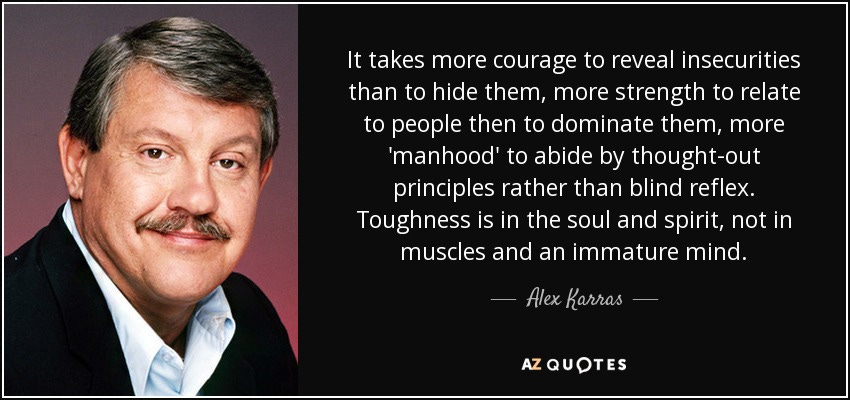We Need to Be Better Men
A Global Phenomenon
“One of the quickest, the quickest paths, I think, to a better country would be a recognition that the moment a boy loses access to a male role model, that the community and family need to move in and make sure there's men involved in that boy's life. And what's really unfortunate is that men aren't stepping up to the plate. So, and I say this all the time, if we want better men, we need to be better men.” –Professor Scott Galloway: Pivot Podcast
ProfG’s quote above addresses the United States, but he speaks of a global phenomenon which begs the question, “Where are the men?”
We aren’t talking only about role models here. There is a dearth of men participating in young men’s lives in many areas of life, particularly schools/education. Adult men are required to build community for young men, not just as the little league coach but deliberate community that gives young men the opportunity to build strong bonds and accountability friendships.
As we look around the world right now, we see a shortage of quality role models while a cadre of men attempting to fill the space are doing it with immature and negative energy. Being male is not about power or strength, it is about authenticity and self-knowledge. The ancient Stoics drew up paths for men, and particularly young men, to live more authentic lives.
A Modern Stoic
“The 21st-century Stoic man is not someone who denies emotions or shuts himself off from the world. On the contrary, he is someone who recognizes emotions but uses them as a driving force to make wise decisions. He leads with compassion, resilience, and an unwavering conviction in his values.” -- Stoicism and Masculinity: The Path to Excellence
The Stoic Marcus Aurelius said: “Waste no more time arguing about what a good man should be. Just be one!” It is important to note that Stoicism, when capitalized, defines the act. The Stoics’ teachings center around manliness as ‘humanness,’ where human emotions are understood and processed rather than subdued or acted upon…the ‘proper’ fulfillment of our human nature.
How does a ‘good man’ just ‘Be one?’ How do we be ‘better’ as ProfG requests? The Stoics would argue, we need to be more ‘human.’ To be more human means to live in the fullness of human emotions…mad, sad, glad, afraid, etc. We don’t deny these emotions and we don’t act them out.
We are called to be more ‘mindful’ in our lives. Self-knowledge could also be called self-awareness. Our ability to recognize and process our emotions is what builds strong character. Finding joy in genuine things and not in the schadenfreude of others for example. Sharing grief when it is present and potentially helping another person who is struggling with loss. Asking a friend to go to the gym when feeling amped up and angry and trusting that friend to hold space if you need to vomit up some of the bile of your anger so you ‘process’ that emotion rather than act it out.
The Male Push/Pull
There is a post on The Good Men Project that addresses the information environment that young men are faced with when they are inundated with either the ‘manosphere’ or the ‘progressive’ male, suggesting there is a ‘third way.’ The author stresses that ethics are the pathway to healthy, mature masculinity. We don’t act on emotions, and we don’t deny or criticize a man for having emotions, we develop healthy way for men to recognize and process those emotions.
In male initiation, elders create space and model for the younger men how to step up and learn to hold each other accountable. When a cohort attempts misdirection, his brothers will help him focus on what makes him the most human. “How is that working for you?” The above post from Simon Fokt asks: “…how will men get more emotionally intelligent if we keep invalidating their emotions?”
It comes down to a simple equation…validate men. There is no ‘anti male’ movement in the world, there is an anti-listening, anti-validation epidemic. The epidemic is fueled by poisonous social media and media in general. The path to being better men is paved with validation and particularly young men being heard. Listen, accept, encourage and admire…a strategy for lifting the young men of the world and gift it with better leaders, better educators and better men.




